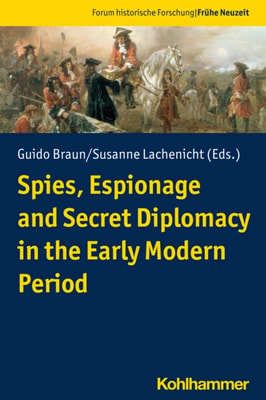Der Band dokumentiert und analysiert - nach einem ausführlichen historischen Rückblick auf die Jahre von 1949 bis 1987 - die Entwicklung der politisch-diplomatischen Beziehungen zwischen der Bundesrepublik Deutschland und Ungarn von Sommer 1987 bis zur deutschen Vereinigung im Herbst 1990.

